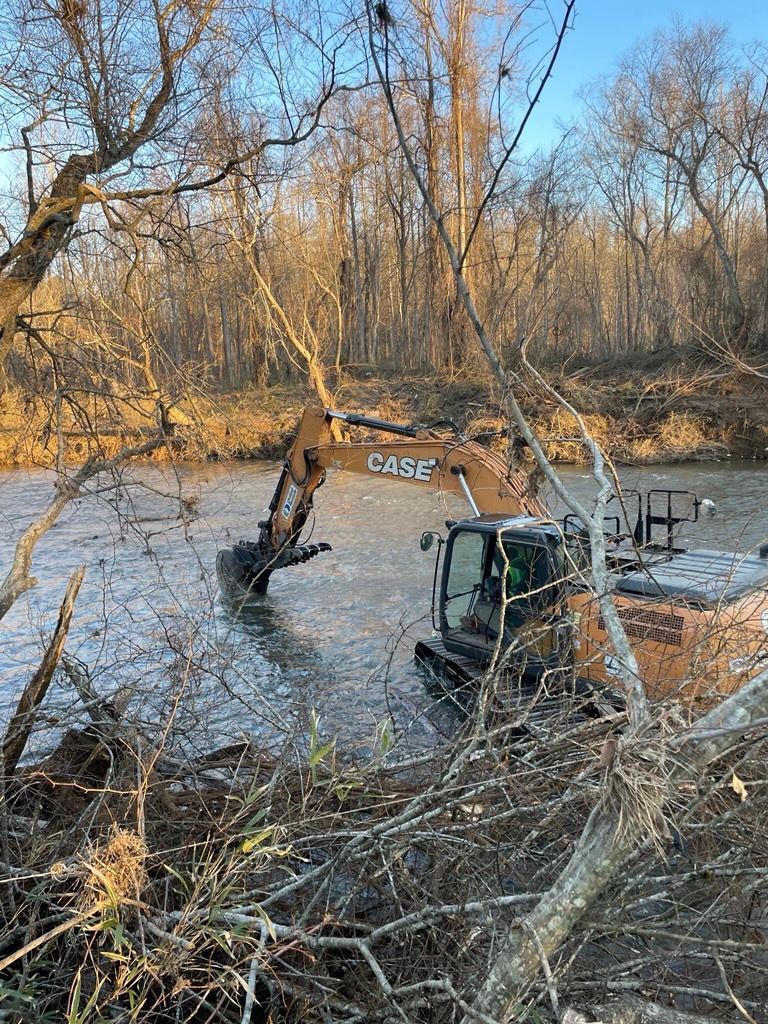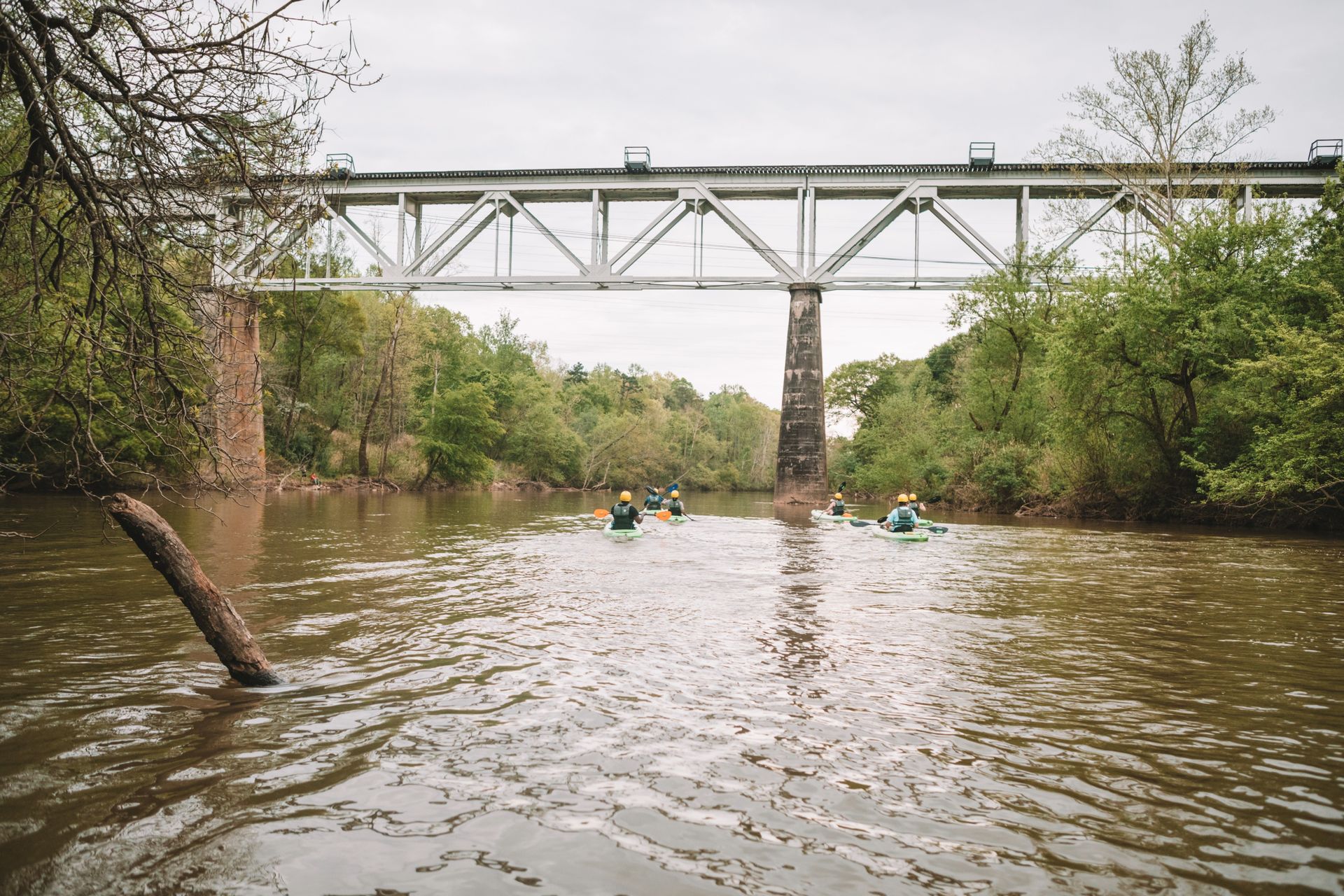2023 Riversweep Recap
47,000 lbs of Trash Removed from Catawba-Wateree River Basin at Riversweep Cleanup
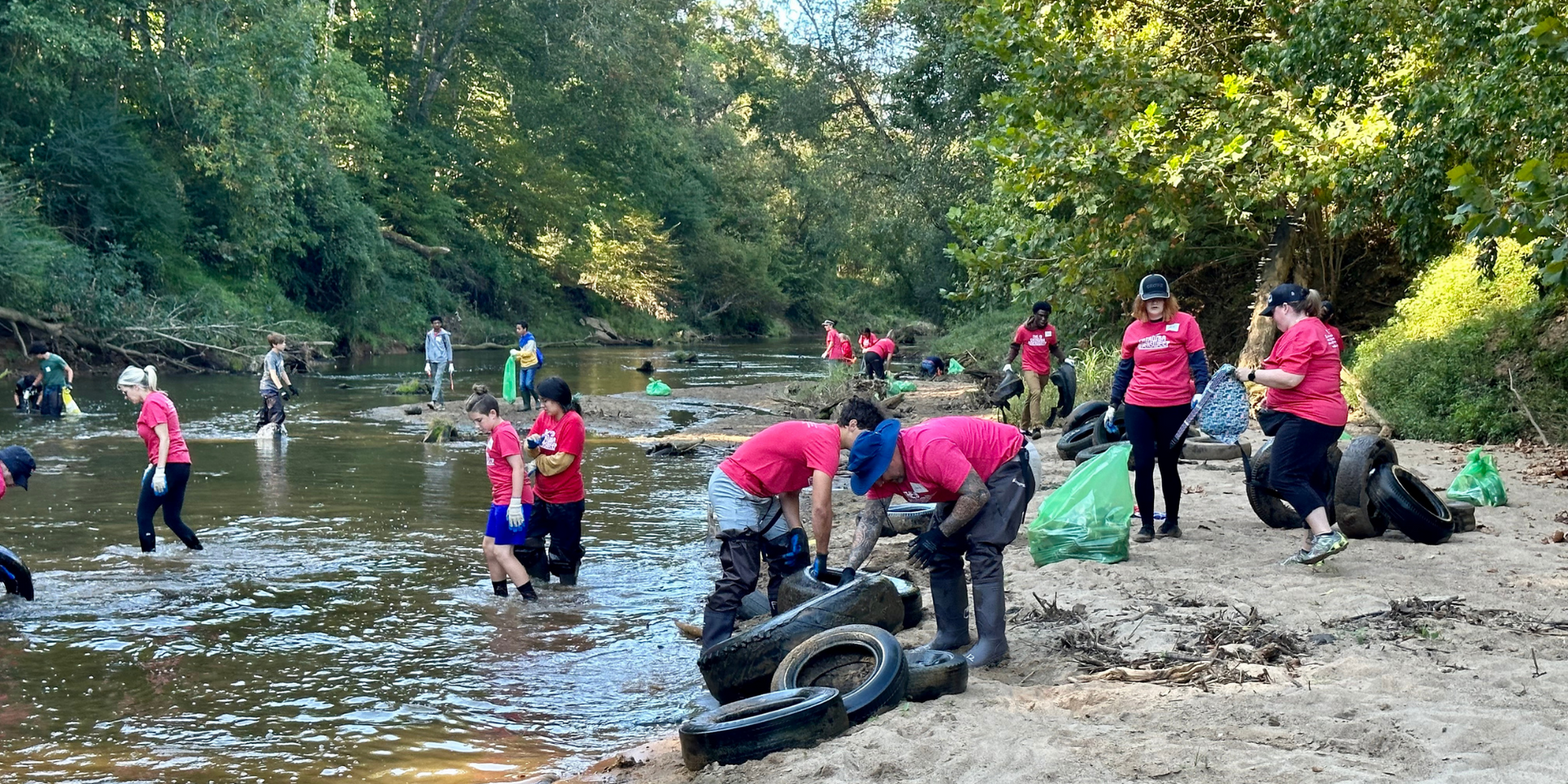
On Saturday, Oct. 7, 1,200 dedicated volunteers removed a remarkable 47,000 pounds of trash and debris from the Catawba River during Catawba Riversweep. This one-day cleanup effort organized by Catawba Riverkeeper, which took place at 51 locations across the basin, highlights the profound impact that can be had when our community comes together for the health of our river.
The annual Riversweep cleanup removes litter and trash that has accumulated in the waters and on the shores. Litter has detrimental effects on wildlife habitat, as well as the safety and recreational potential of the waterways. The cleanup also removes items from our waterways that could potentially contaminate the 19 active drinking water intakes which supply water to over 2 million people.
During the cleanup, volunteers put on their gloves, grabbed supplies and worked together to remove all trash and debris in sight, resulting in the gathering of thousands of pounds of plastic bottles, Styrofoam, and tires. They didn't stop there. Countless items were removed from the river, ranging from the expected to the unusual and unwieldy, including household appliances, mattresses, parts of a dock, a satellite dish, and even an electric scooter. More than 200 tires were removed during the cleanup, further highlighting the need for an event like this.
The roots of Riversweep can be traced back to 2002 when a group of volunteers, along with the Lake Wylie Marine Commission, initiated an annual cleanup on Lake Wylie. Their dedicated efforts inspired other volunteer groups and organizations across the basin to follow suit, hosting their own community cleanup days. Fast forward to 2020, and Catawba Riverkeeper led the first basin-wide, single-day cleanup of trash and debris. The success of Riversweep is a testament to the unwavering commitment of hundreds of volunteers, many of whom have dedicated years to this cause.
Riversweep would not be a possibility without the invaluable contributions of our partners. We extend our heartfelt gratitude to ToolBank CLT, Palmetto Pride, Char-Meck Stormwater, Keep Charlotte Beautiful, Catawba Nuclear Station, Allen Plant Steam Station, Just Dump It, Mecklenburg County, Gaston County, York County, and City of Hickory for their support of the basin-wide cleanup effort. For more details about these partners, please visit our partner page. Special thanks to the Riversweep’s presenting sponsor, Catawba-Wateree Water Management Group.
Each year, the Catawba Riversweep is an inspiring event to witness, as it brings the community together in a united effort to support the health of the Catawba River. The sight of hundreds of people joining forces to clean up the river and its surrounding areas is a powerful testament to the shared commitment to support the health of our river. It is heartening to see the dedication and passion of volunteers who selflessly contribute their time and energy to make this event a success. However, Riversweep is also a reminder that the work is far from complete and the continued need for cleanup efforts in addition to other initiatives that protect, preserve and advocate for our river.
Be sure to mark Oct. 5, 2024 on your calendar and join us at Catawba Riversweep next year!

